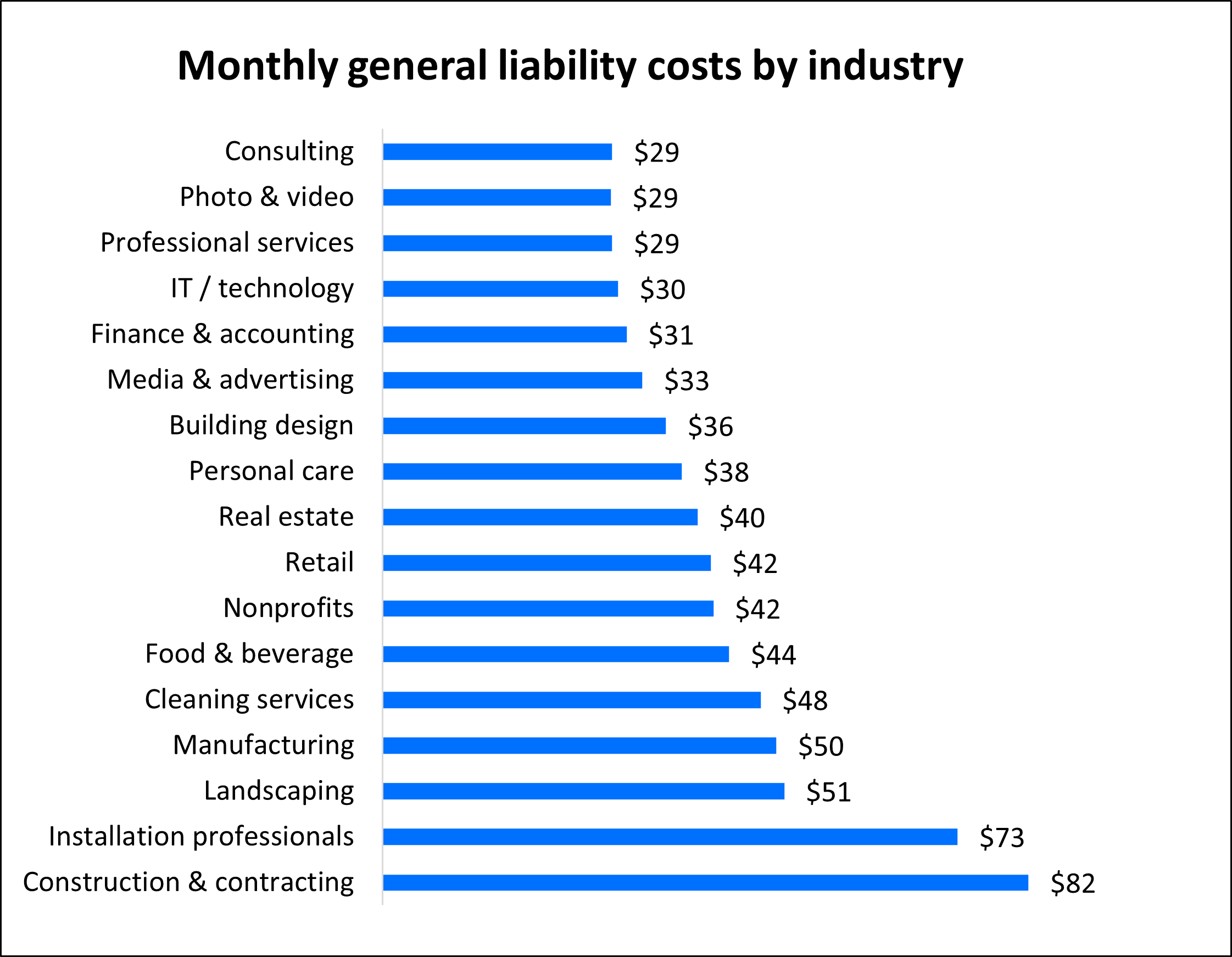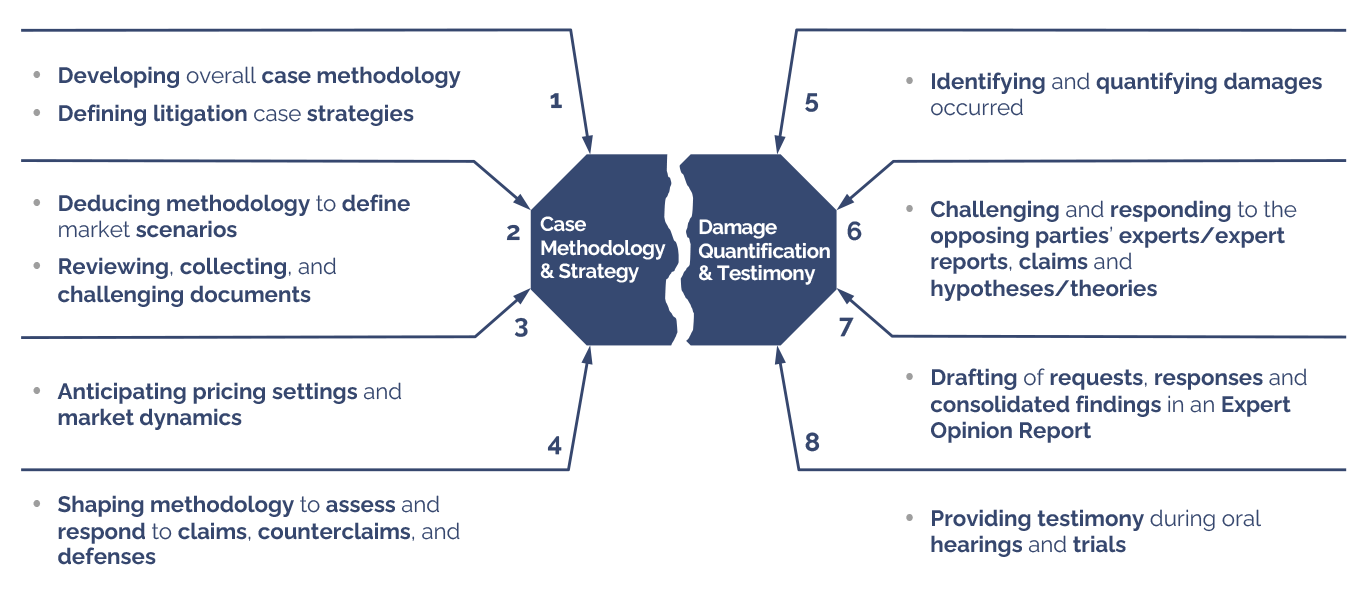
Legal Aid: Access to Justice for All

Ensuring Access to Justice: The Role of Legal Aid
Legal aid plays a crucial role in providing access to justice for individuals who might otherwise struggle to navigate the legal system. In this article, we delve into the significance of legal aid and its impact on ensuring a fair and equitable legal process for all.
Understanding the Purpose of Legal Aid
Legal aid serves the fundamental purpose of ensuring that everyone, regardless of financial means, has access to legal representation and assistance. It aims to bridge the gap between those in need of legal services and the resources required to navigate complex legal matters.
Addressing Socioeconomic Disparities
One of the primary advantages of legal aid is its ability to address socioeconomic disparities in the legal system. Individuals with limited financial resources often face barriers in accessing legal representation, leading to unequal access to justice. Legal aid programs strive to level the playing field.
Empowering Vulnerable Populations
Vulnerable populations, such as low-income individuals, victims of domestic violence, and marginalized communities, often face legal challenges that require specialized assistance. Legal aid empowers these individuals by providing the support needed to navigate legal complexities and protect their rights.
Ensuring Fairness in Legal Proceedings
Legal aid contributes significantly to the overall fairness of legal proceedings. When individuals have access to legal representation, it enhances the integrity of the justice system. It ensures that all parties involved can present their cases effectively, leading to more just and equitable outcomes.
Supporting Civil Legal Matters
Legal aid extends beyond criminal matters to encompass a wide range of civil legal issues. From family law cases to housing disputes and immigration matters, legal aid addresses various legal needs. This comprehensive approach reflects the commitment to making justice accessible in diverse situations.
Collaboration with Pro Bono Services
Legal aid often involves collaboration with pro bono services, where legal professionals volunteer their time and expertise to assist those in need. This collaboration strengthens the impact of legal aid initiatives, expanding the reach of assistance to a broader spectrum of individuals.
Educating the Public on Legal Rights
In addition to direct legal representation, legal aid programs contribute to public education on legal rights and responsibilities. By empowering individuals with knowledge, legal aid helps prevent legal issues, encourages proactive legal action, and promotes a more informed citizenry.
Challenges and the Need for Advocacy
Despite its critical role, legal aid faces challenges such as funding limitations and increased demand for services. Advocacy for the importance of legal aid is essential to garner support from policymakers, secure funding, and address systemic issues affecting its effectiveness.
Expanding Access through Technology
In the digital age, technology plays a vital role in expanding access to legal aid. Online resources, virtual consultations, and digital platforms facilitate the delivery of legal aid services, making it more accessible to individuals who may face geographical or logistical barriers.
Legal Aid: A Cornerstone of a Just Society
In conclusion, legal aid stands as a cornerstone of a just and equitable society. By providing access to justice for all, regardless of socioeconomic status, legal aid contributes to a legal system that upholds fairness, empowers individuals, and ensures that everyone can exercise their rights.
For more information on legal aid and its impact on access to justice, visit Legal Aid. This resource offers insights into the significance of legal aid and how it contributes to a fair and inclusive legal system.






:max_bytes(150000):strip_icc()/negotiation.asp-228fca5196da4b8a99ddbb57acca7d9b.jpg)





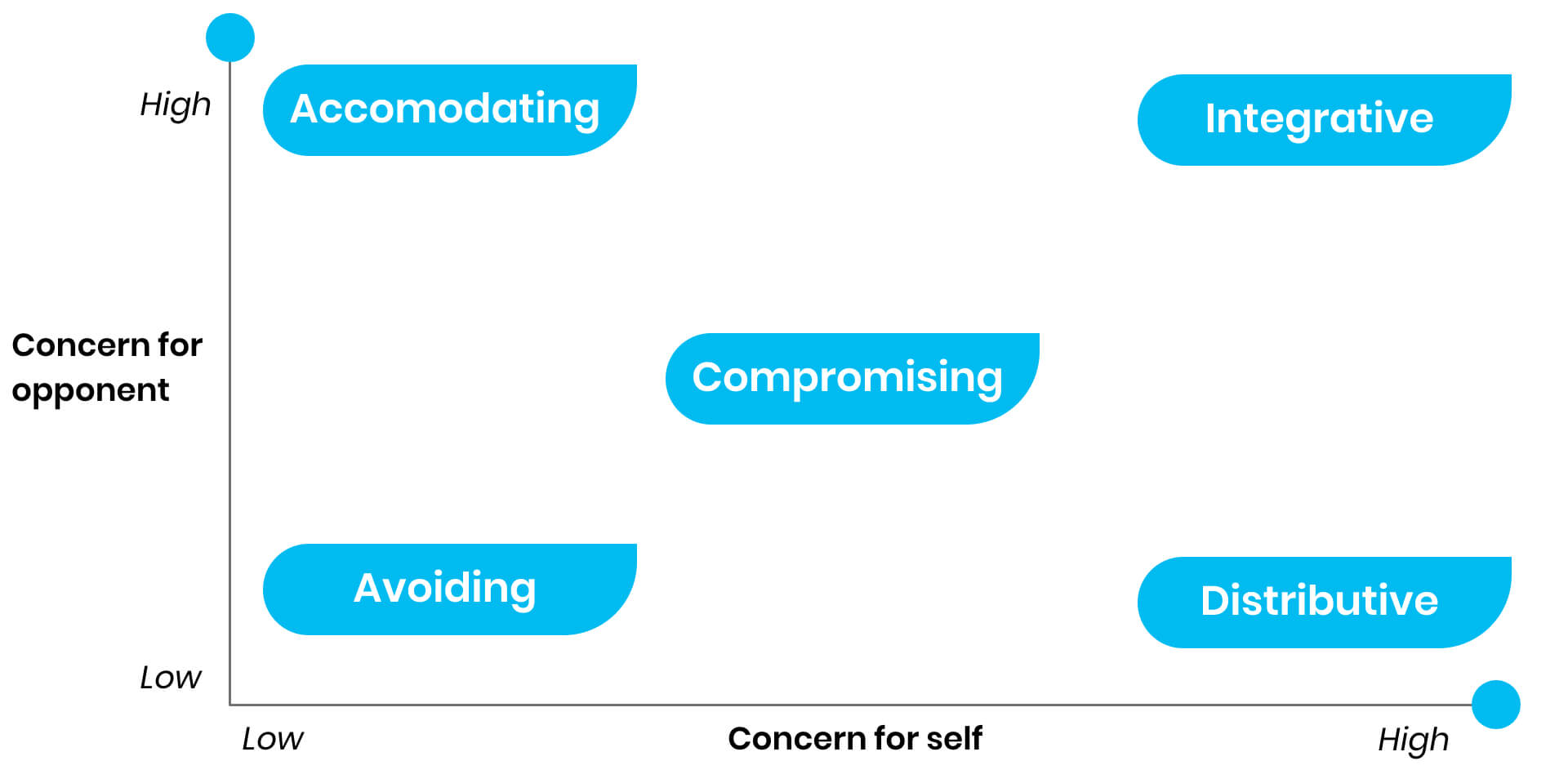







:max_bytes(150000):strip_icc()/homestaging-026b9ef577364870862916d4db364767.jpg)


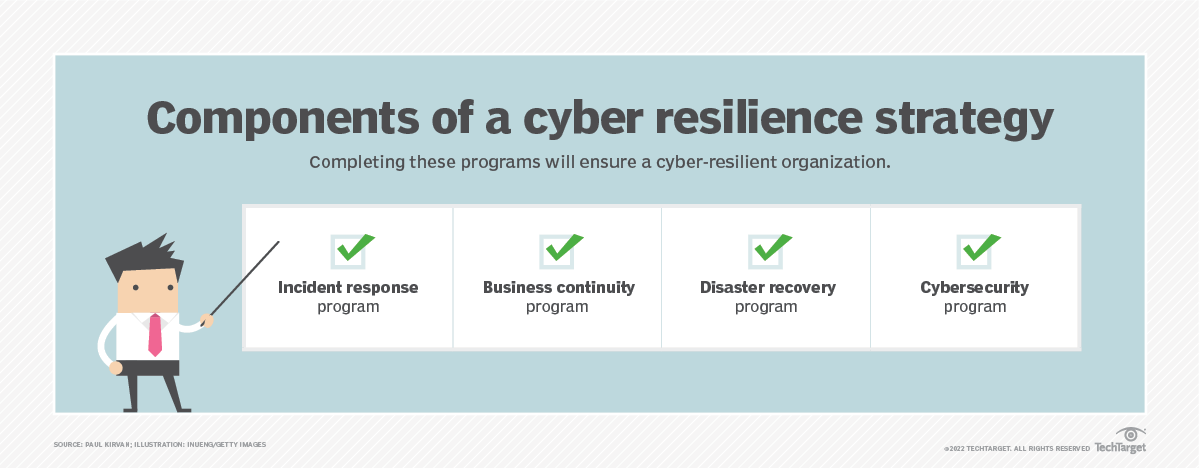

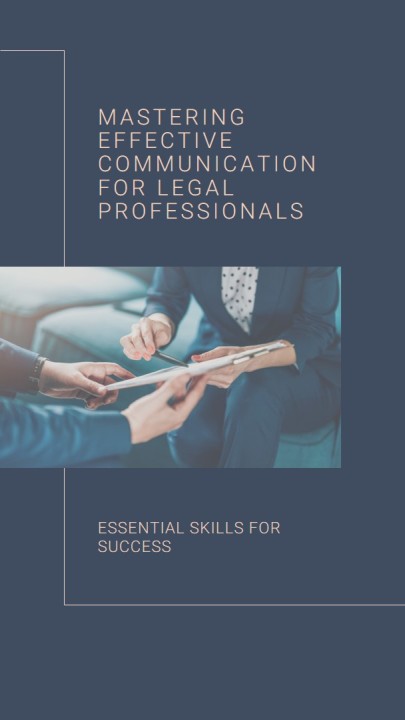




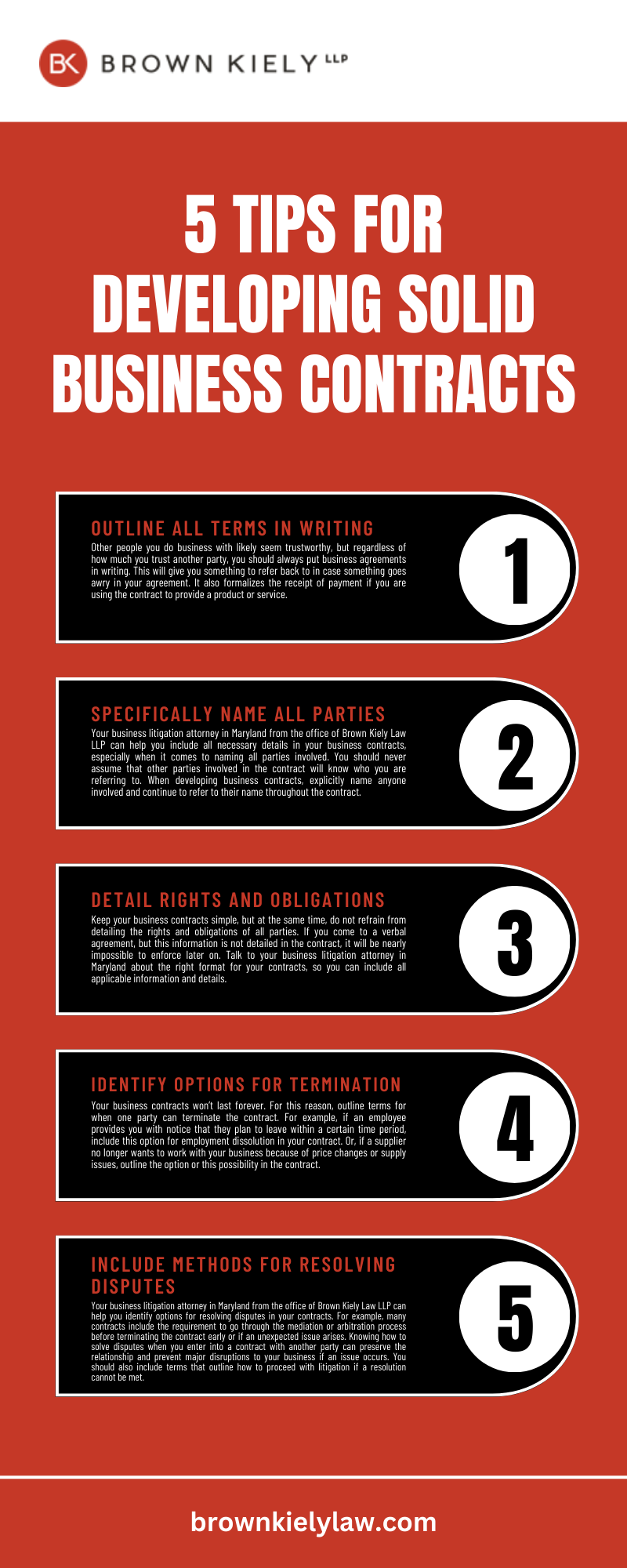
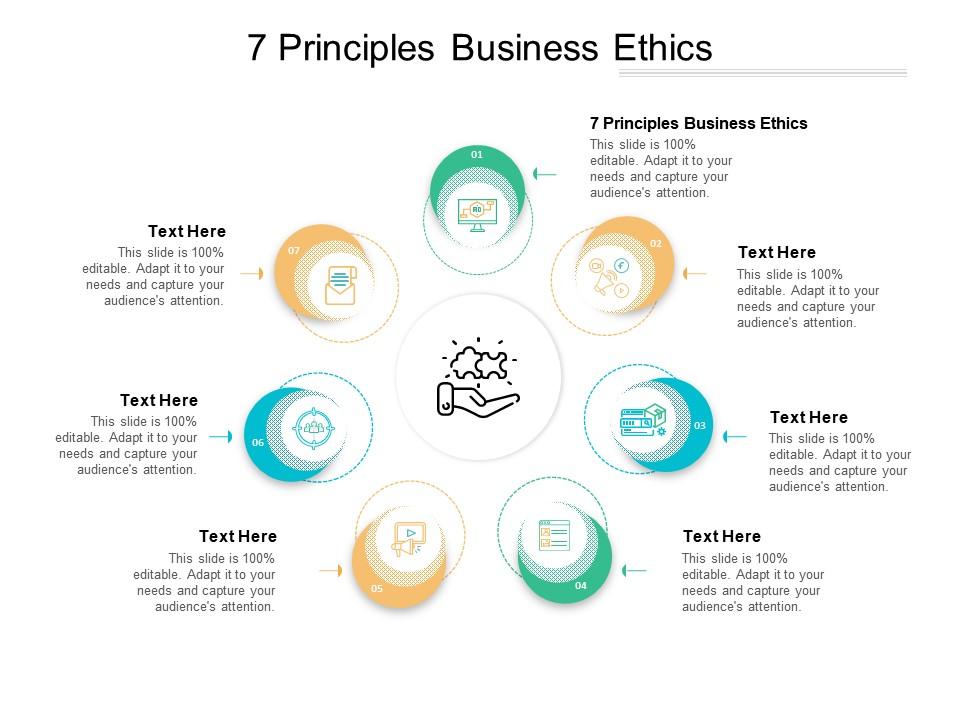




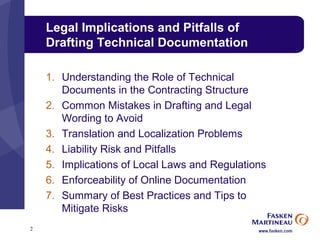


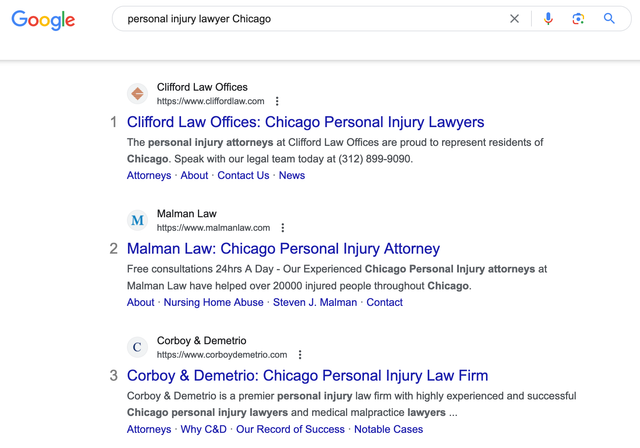

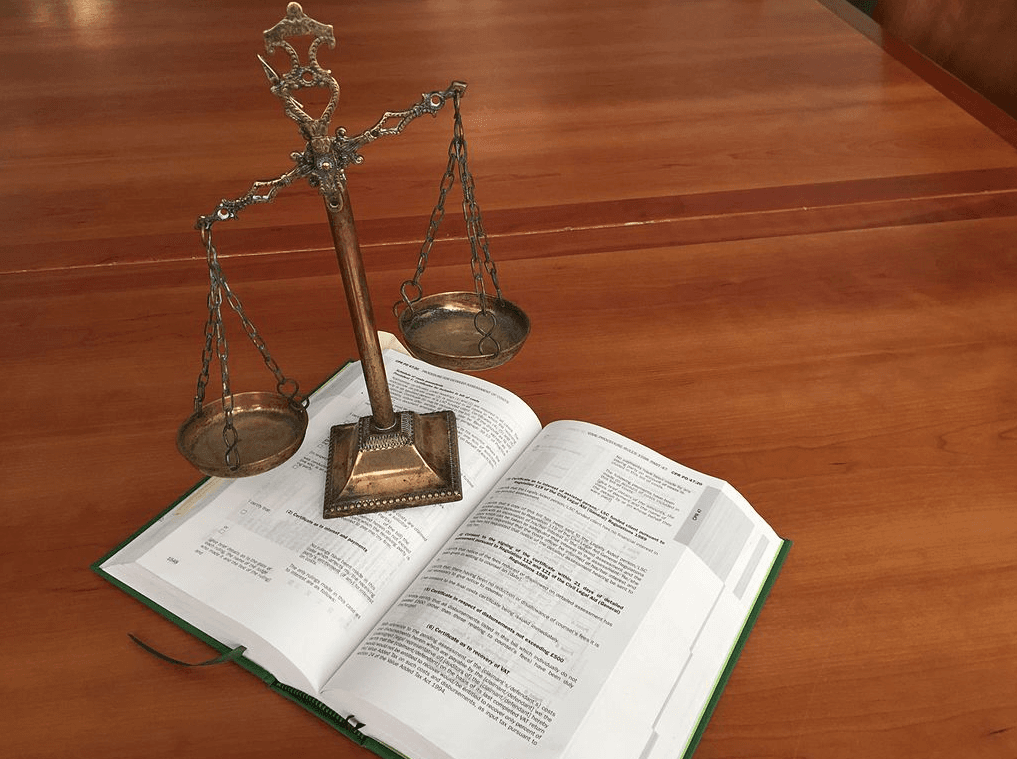

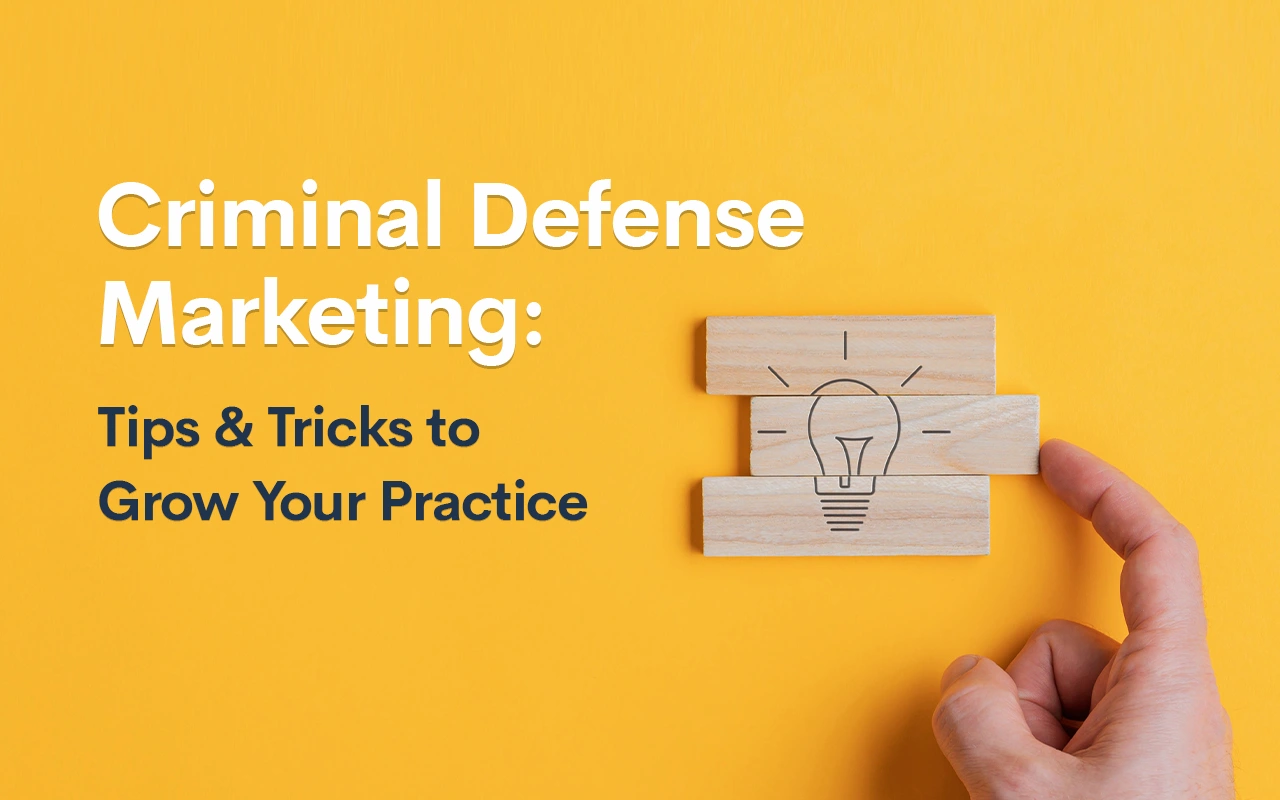
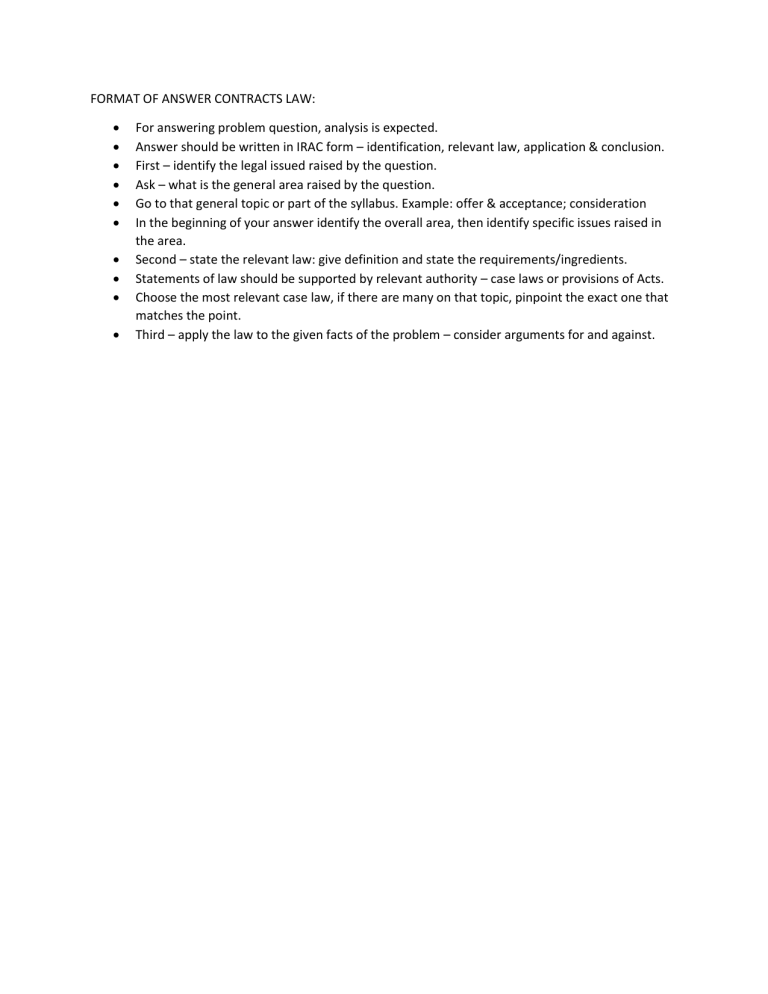
:max_bytes(150000):strip_icc()/Term-b-business-plan-70c26342d5374095b3cd7e860d016168.jpg)
